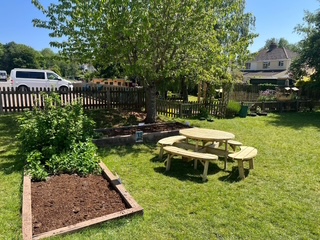Pastoral

Welcome to our Pastoral Care support and information page.
Pastoral support is the provision the school makes to ensure the physical and emotional welfare of your child.
Woodland Provision
Forest School places an emphasis on self-reflection, which equips learners with emotional and social skills that can stay with them into adulthood and permeate into other areas of their life. Forest School can increase a child’s confidence and self-esteem through exploration, problem-solving, and being encouraged to learn how to assess and take appropriate risks depending on their environment.

Bereavement Provision (Rainbows/Muddles and Puddles)
A support group for children who have experienced a significant loss in their lives. This may be due to the death of a loved-one or family breakdown/separation. This intervention helps children cope with their grief and feel less alone.
Nurture Provision
Nurture groups are in-school interventions focused on supporting the social, emotional and behavioural difficulties (SEBD), along with the mental health (SEMH) of children and young people. Nurture groups address the social, emotional and learning needs of individual pupils by providing the necessary help to remove the barriers to their learning.
Our Pastoral Team

Other types of Pastoral Therapy used to support children
Emotional Literacy Support Assistant (ELSA)
ELSA is an educational psychology led intervention for promoting the emotional well-being of children and young people.
Lego Therapy
LEGO-Based Therapy is a social development program that uses LEGO activities to support the development of a wide range of social skills within a group setting.
Draw and Talk
Drawing and Talking Therapy is the number one alternative to CBT (Cognitive Behaviour Therapy) and direct talking therapy, which can often be confronting or limiting in the processing of pain or trauma.
